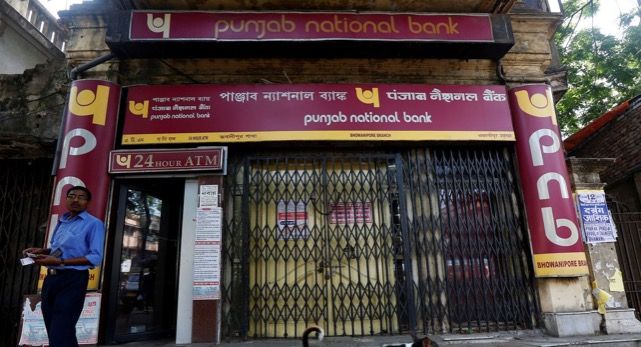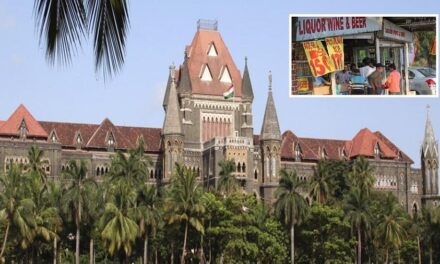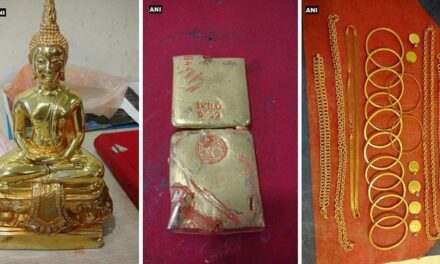CBI detains Gitanjali Group’s VP Vipul Chitalia at Mumbai Airport


Vipul Chitalia was detained at Mumbai airport earlier today (Representational Image, Courtesy: MSN)
The Central Bureau of Investigation (CBI) on Tuesday detained Vipul Chitalia, Vice President (Banking Operations) of Gitanjali Group of Companies at the Mumbai airport.
Chitalia was brought to the Central Bureau of Investigation (CBI) office at the Bandra-Kurla Complex in Mumbai for questioning. It is not known if he is directly linked to the PNB fraud.
The law enforcement agency also added that the news on some channels, regarding the summoning of chief managing directors of private banks in the Punjab National Bank (PNB) fraud case is factually incorrect.
Earlier on Monday, the CBI sent Manish Bosamiya, Miten Pandya, Sanjay Rambhia and Aniyath Shiv Raman Nair to police custody in PNB fraud case. The four accused will remain in the custody till March 17.
Bosamiya, then additional general manager (operation) and Pandya, then finance manager of Firestarter Diamond International Pvt Ltd., a Nirav Modi’s diamond firm, were arrested for their alleged role in the preparation of applications for the fraudulent Letter of Understandings (LoUs) submitted to the PNB.
Rambhia, the partner in a Mumbai’s Chartered Accountant firm M/s Sampat and Mehta and Aniyath Shiv Raman Nair, then director of M/s Gili India Ltd. was also arrested in the same case.
The Rs 12,636-crore fraud was allegedly perpetrated by billionaire jeweller Nirav Modi and his uncle Mehul Choksi, the promoter of Gitanjali Gems.
It is alleged that Choksi and Modi got Letters of Undertakings (LoUs) and Foreign Letters of Credit (FLCs) of Rs 12,636 crore issued in favour of foreign branches of Indian banks based on fraudulent claims.
The accused officials of PNB did not enter the instructions for these LoUs and in their internal software to avoid scrutiny. They were sent through an international messaging system for banking called SWIFT, which is used to pass instructions among banks globally to transfer funds.
An LoU is a guarantee which is given by an issuing bank to Indian banks having branches abroad to grant short-term credit to the applicant. In case of default, the bank issuing the LoU has to pay the liability to the credit giving bank along with accruing interest.
The scam was started in 2011 and was detected in the third week of January this year, after which the PNB officials reported it to the concerned agencies.
With agency inputs













